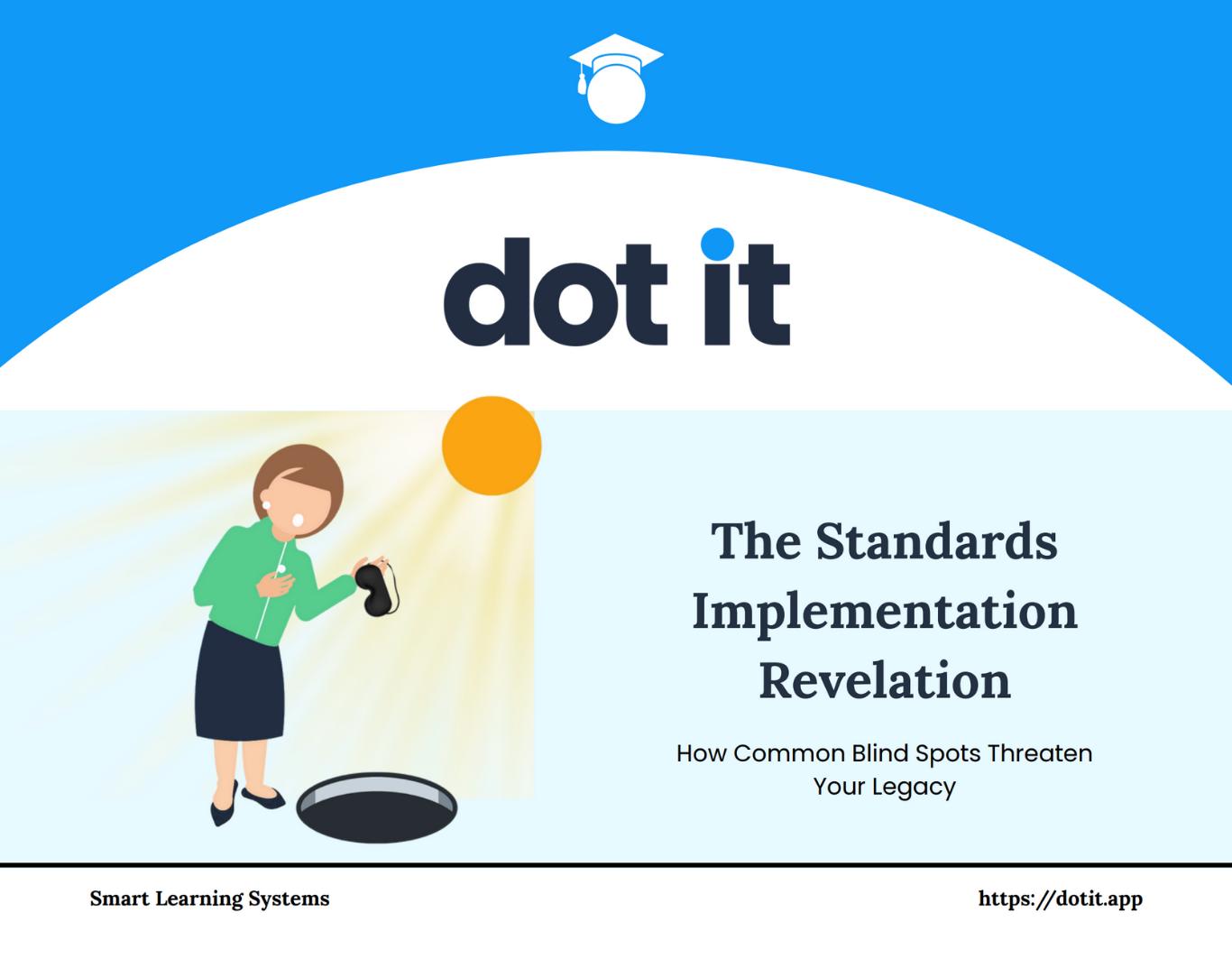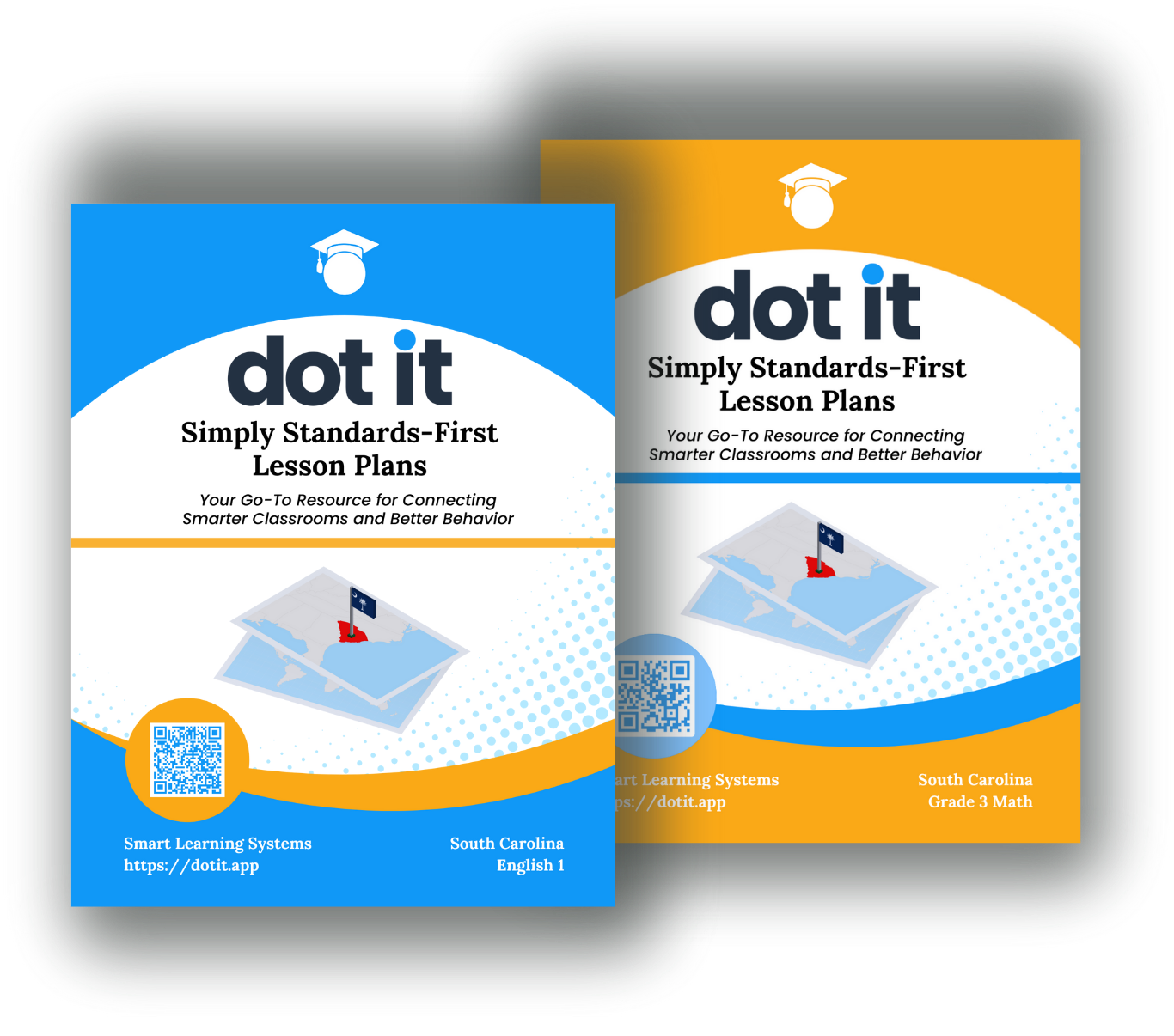Are students with weak working memory learning? Asking students to demonstrate what they know is vital to the learning process. Assessment determines whether goals and the standards are being met. Yet, for students with memory challenges, assessments can be difficult. They struggle through tasks that carry a lot of cognitive load. These tasks involve processing and storing multiple pieces of information all at the same time. Losing track of their place can also be a problem. As a result, it is very common for these students to abandon tasks without completing them. So, how can you help your students with weak working memory when taking assessments?
3 Ways to Help Students with Memory Challenges Take Assessments
The most common types of assessments are formative, interim, and summative assessments. Teachers use formative assessment to learn what students understand about each lesson. Examples of formative assessments are exit tickets, questioning, and/or student work. The goal of formative assessment is to improve teacher instruction by increasing student learning while it is happening. Benchmark or interim assessments provide a comparison of student performance against specific grade-level standards compared to peers. These quarterly assessments track academic trajectories toward long-term goals. Lastly, summative assessments make comparisons among students, classes, or schools against a set of uniform standards. Examples of summative assessments are semester tests, and/or end-of-year state assessments. So, how can you help students with memory challenges on interim and summative assessments?
1. Teach Specific Test Taking Strategies
As we have described in other posts, working memory is like the brain’s mailroom. It receives, stores, and distributes information for use in the present. It also governs information flow to other cognitive domains. Teaching test-taking strategies to students with weak working is important.
Here are some test-taking strategies to remove the barriers:
- Look over titles and the visuals to predict the topic or task.
- Read and reread.
- Underline or list key points as they go.
- Model how to “look back” to recall key points.
- Answer the “right there” explicit questions.
- Read the last sentence of word problems.
Recognize common question phrases such as “According to the text…” or “This story is mostly about…memory begins with making sense of texts and problems and recalling key information.
2. Develop, Practice, and Reflect on a Test-Taking Plan
Compared with classmates with typical working memory skills, students with weak working memory frequently forget instructions. With the influx of digital test-taking tools, teachers are more removed than ever from the content in the assessments. Yet, you must give practice assessment questions regularly so you can observe your students with weak working memory. You need to see how your students with memory challenges experience these assessment questions. Only then can you teach them to improve their performance and develop a test-taking plan.
Working memory also impacts executive functioning skills. Deliberate practice using a test-taking plan is another way to improve performance. After the practice test, ask students how they used each part of their plan to be successful. Document their responses.
3. Provide Testing Accommodations for Students with Memory Challenges
Finally, some students will require some testing accommodations. As students progress through the grade levels, however, they need to be directly taught to develop their specific strategies. These strategies should be used independently in any setting.
Assessment accommodations for students with weak working memory might include:
- Allowing the student to use appropriate memory supports during testing. Supports would typically provide information about procedures to use, rather than providing content that the student should know.
- Using open-ended questions to allow credit for anything the student remembers correctly as in oral retell fluency assessments.
- Reducing the demands on working memory on tests by providing a structure and outline for responding.
According to Psychology Today, confidence is the ability to meet life’s challenges.
By giving students with weak working memory specific testing strategies, a testing plan, and specific accommodations, you are giving them the confidence to succeed on any assessments.






